An estimated 7-10 million people worldwide, are affected by Parkinson’s disease.
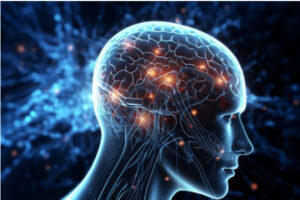 Our brain is the body’s command centre and through a network of chemical messengers it relays messages back and forth to different parts of the body. Dopamine, a chemical messenger that signals initiation or inhibition of movement, is depleted in Parkinson’s disease causing neurons (brain cells) in the part of the brain that produces dopamine to weaken and/or die resulting in lower dopamine levels.
Our brain is the body’s command centre and through a network of chemical messengers it relays messages back and forth to different parts of the body. Dopamine, a chemical messenger that signals initiation or inhibition of movement, is depleted in Parkinson’s disease causing neurons (brain cells) in the part of the brain that produces dopamine to weaken and/or die resulting in lower dopamine levels.
Research in the field is ongoing. However, it is speculated that this degeneration changes the brain chemistry and impairs the communication pathway to the brain cells that initiate movement. This is why Parkinson’s is associated with slowed movement, muscle stiffness, and tremors. Parkinson’s is a progressive disease that becomes more severe with age, increasing susceptibility of symptoms like dementia and depression.
Apart from the damage to neurons, studies published by researchers in the Journal of Brain Pathology and Journal of Alzheimer’s Diseases and Parkinsonism respectively, revealed another phenomenon seen in the brain of patients with Parkinson’s Disease – vascular degeneration and impaired vascular remodelling (1. Guan et al., 2013; 2. Yang et al., 2017).
What does this mean?
‘Vascular regeneration and remodelling ‘ refer to our ability to re-make blood vessels that help ensure a healthy blood flow through different parts of the body. Capillaries, the small blood vessels that form a network around organ tissues, are responsible for nutrient exchange and removal of waste from tissues – an essential process for healthy organ function. These capillaries constantly undergo a degeneration and regeneration process to ensure a smooth and healthy blood circulation.
Without the ability to make new blood vessels, an accumulation of old, damaged vessels eventually results in a disrupted blood flow to the brain. Without receiving the essential nutrients and oxygen the brain needs to keep healthy, symptoms of brain fog, lack of focus and increased susceptibility of dementia may occur.
For people with Parkinson’s, not only is there damage to the neurons, a disrupted blood flow also reduces delivery of essential nutrients to the region creating a bigger deficit!
Is this reversible?
While neuronal degeneration is irreversible, the good news is that vascular degeneration could be reversed. Research suggests that restoring the ability to make new blood vessels can help regain vascular function and slow the progression to age-related neurological diseases.
IGF-1 and its role in brain ageing
Insulin-like Growth Factor-1 (IGF-1) is a life-supporting hormone that is essential for maintaining the vascular system in the body. During adulthood, IGF-1 works by increasing the formation of new blood vessels, maintaining the integrity of old blood cells, regulating blood flow through and in recovery from injury/damage. The function of IGF-1 starts to decline around 45 years of age, and in response to low IGF-1, the body’s demand for its regulator, cyclic Glycine Proline (cGP) increases. If this demand is unmet, a further decline in IGF-1 action triggers the cascading effect of deteriorating blood vessel health and consequently, disrupted blood flow to tissues and organs contributing to age-related symptoms. (Guan et al., 2013; Yang et al., 2017). (Guan et al., 2013; Yang et al., 2017).
The process of ageing process, where IGF-1 levels are low, is associated with Parkinson’s Disease. (3. Castilla-Cortázar et al., 2020 )
Taking cGP as a supplement helps regulate IGF-1 function for overall well-being and longevity. It works by normalising IGF-1, without increasing or decreasing it too much.
The discovery of cGP as a regulator of IGF-1 action by Dr. Jian Guan (CSO, The cGP Lab), was a game-changer. This was then followed by a series of studies that evaluated its role in diverse population cohorts spanning across varied health conditions including Parkinson’s disease. The role of cGP in Parkinson’s was demonstrated in a study that showed increased cGP with age is associated with better cognition in Parkinson’s patients (4. Fan et al., 2020). Additionally, in a small clinical trial with 11 Parkinson’s patients with normal cognitive function, taking blackcurrant-based capsules (rich in cGP) was correlated with reduced depression and anxiety scores (5. Fan et al., 2018 ) These findings indicate the potential benefits of cGP supplementation to the ageing health and brain and thus, led to the development of a first natural, food-based cGP supplement (manufactured by The cGP Lab).
In a conversation with a woman whose husband suffers from Parkinson’s she said –
“I worked at a doctor’s surgery and a GP there recommended trying cGPMAX brain health for Parkinsons.” Her husband has been using cGP supplementation on an ongoing basis and she continues..“I cannot believe the difference in my husband. His right arm, which used to be stiff, and not move at all when walking, just staying limp by his side, now swings freely. I am absolutely gobsmacked with the change.”

Dr. Vishakha Mahajan
Research Scientist, cGP Lab
Related Links:
1) https://www.ncbi.nlm.nih.gov/pmc/articles/PMC8029297/#:~:text=Vessel%20degeneration%20associated%20with%20PD,to%20the%20progression%20of%20PD.
2) https://www.omicsonline.org/open-access/vascular-remodelling-is-impaired-in-parkinson-disease-2161-0460-1000313.php?aid=88683
3) https://translational-medicine.biomedcentral.com/articles/10.1186/s12967-020-02223-0
4) https://alz-journals.onlinelibrary.wiley.com/doi/full/10.1002/dad2.12025
5) https://www.mdpi.com/2072-6643/10/6/714

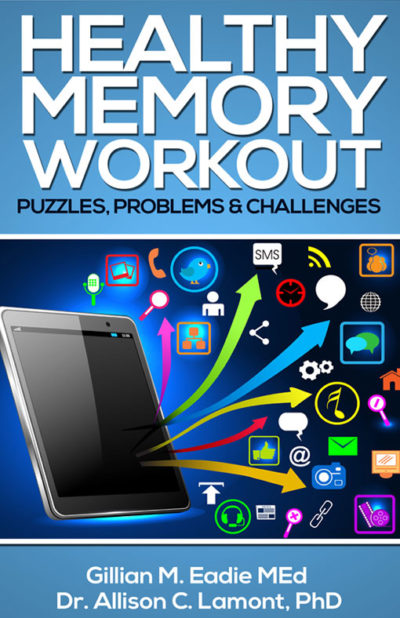
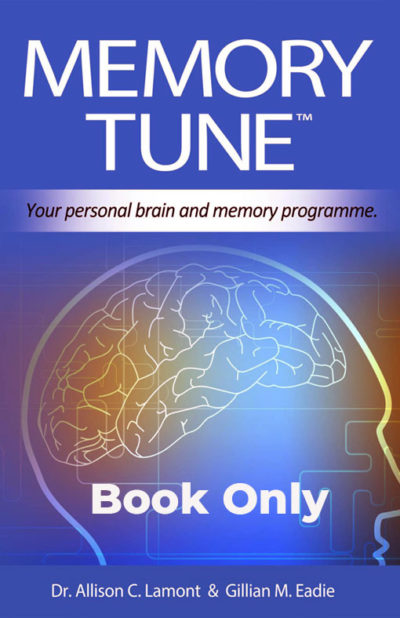
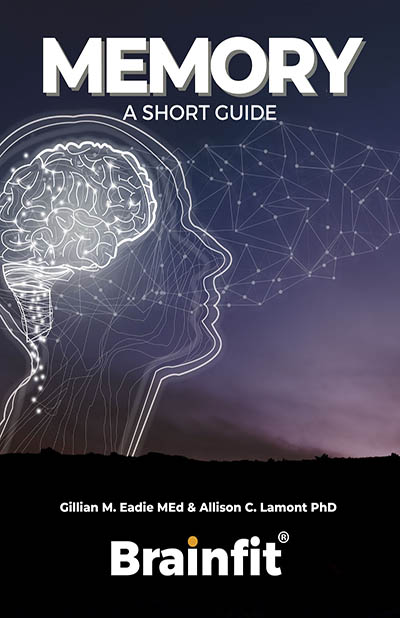
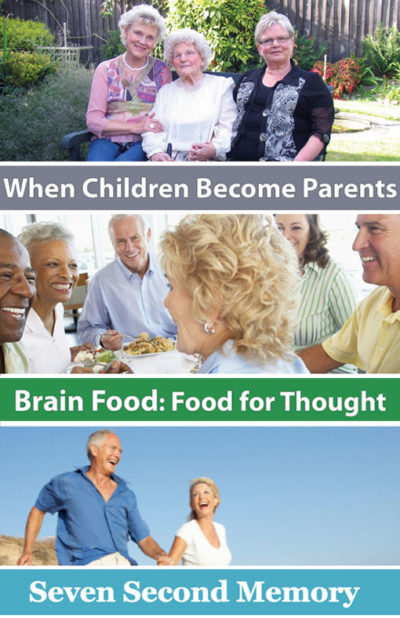
When is the best time to take cGP supplement?
Hi John,
There is no particular time to take cGP supplement as it is made from natural food sources. However, most people prefer fixing a time during their day, such as taking it at before going to bed at night or in the mornings so it is easy for them to remember.